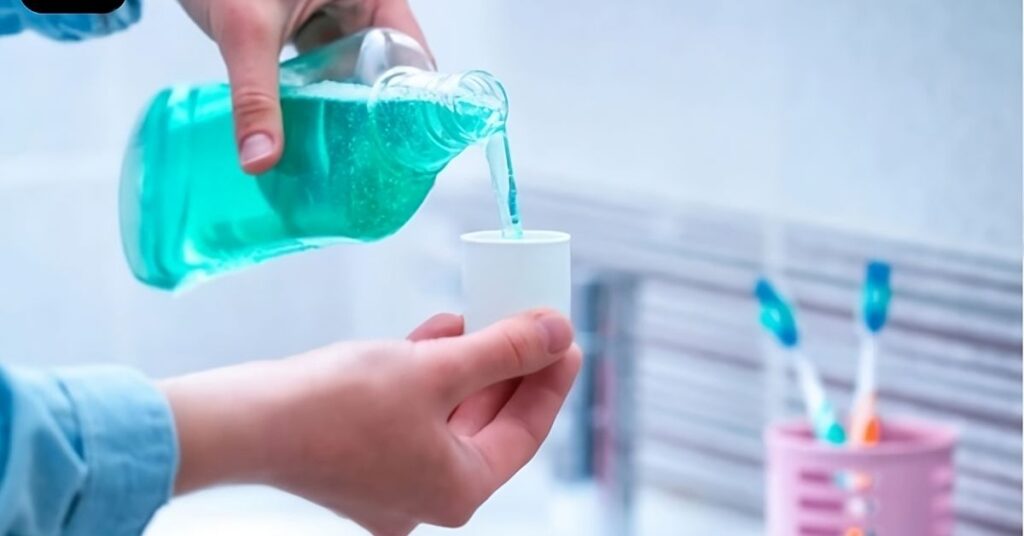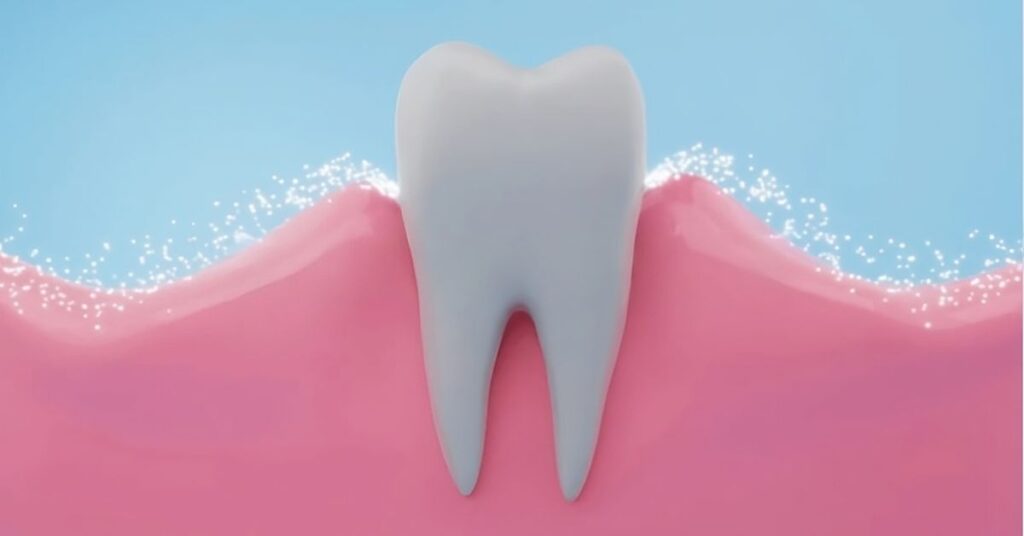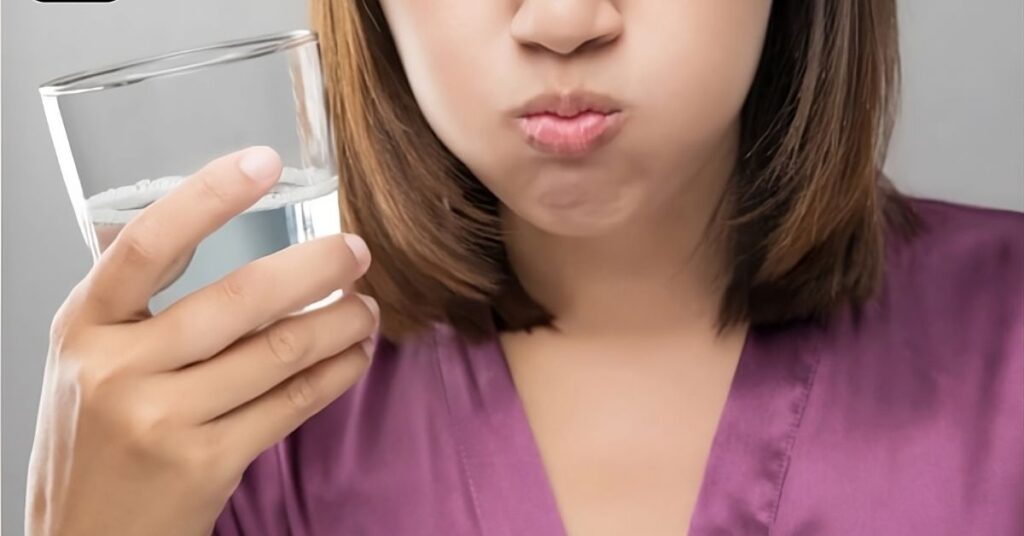
Understanding Mouthwash
Maintaining proper oral hygiene is crucial for overall health, and mouthwash plays a significant role in achieving it. Mouthwash, also known as oral rinse, is a liquid oral care product designed to complement brushing and flossing by providing additional benefits to the mouth and teeth. This chapter will delve into the definition and purpose of mouthwash, its evolution throughout history, and its importance in maintaining optimal oral health.
The Rise in Popularity of Mouthwash
With growing awareness of oral hygiene practices, mouthwash has gained popularity among individuals of all age groups. As consumer trends in dental care shift towards preventive measures, mouthwash has become an essential part of daily oral care routines. This section will explore the statistics and usage patterns of mouthwash products, highlighting the factors contributing to its rising popularity.
The Different Types of Mouthwash
Antiseptic Mouthwash
Antiseptic mouthwash contains active ingredients, such as chlorhexidine or essential oils, that target and kill harmful oral bacteria. It is effective in reducing plaque and gingivitis, making it a valuable tool for preventing gum disease. In this section, we will discuss the function and benefits of antiseptic mouthwash, along with its recommended use cases and considerations.
Fluoride Mouthwash

Fluoride mouthwash contains fluoride, a mineral known for its ability to strengthen tooth enamel and prevent tooth decay. It is especially beneficial for individuals at higher risk of cavities and those with weak enamel. This part will explore the role of fluoride in dental health, the advantages of using fluoride mouthwash, and the target audience for this type of mouthwash.
Cosmetic Mouthwash
Cosmetic mouthwash primarily focuses on providing temporary freshening effects and improving breath odor. It does not have therapeutic properties and is not designed to address specific dental issues. This segment will delve into the aesthetic benefits of cosmetic mouthwash and its limitations compared to other types of mouthwash.
The Advantages of Using Mouthwash
Enhanced Oral Hygiene
By complementing regular brushing and flossing, mouthwash helps in reaching areas that are difficult to clean with a toothbrush or floss alone. It promotes cleaner and fresher breath, making it an excellent addition to daily oral care routines. This chapter will explore how mouthwash enhances oral hygiene and its impact on overall oral health.
Reduced Risk of Dental Issues

Mouthwash, especially antiseptic and fluoride variants, plays a crucial role in preventing dental problems. It can reduce plaque and tartar build-up, fight gum disease, and minimize the risk of tooth decay and cavities. This section will discuss the specific dental issues that mouthwash can help prevent.
Fresh Breath and Improved Confidence
Mouthwash, particularly cosmetic variants, can combat bad breath (halitosis), improving social comfort and boosting self-esteem. Fresh breath has a positive psychological impact on interactions, making it an essential benefit of using mouthwash. This part will explore the confidence-boosting effects of mouthwash.
Selecting the Right Mouthwash for Specific Needs
Addressing Dental Concerns
Different types of mouthwash cater to specific dental needs. Choosing the right mouthwash depends on individual concerns, such as gum disease or enamel strengthening. This section will guide readers in selecting the appropriate mouthwash to address their specific dental issues.
Considering Age and Demographics
Certain mouthwash formulas are tailored to suit different age groups. Children and teens have different oral care requirements than seniors, necessitating specialized mouthwash products. This part will explore mouthwash recommendations based on age and demographics.
Compatibility with Dental Work
Individuals with dental restorations or undergoing orthodontic treatment may require special considerations when using mouthwash. This segment will discuss the compatibility of mouthwash with dental work and how to choose the right mouthwash for specific dental conditions.
How to Use Mouthwash Effectively

Proper Mouthwash Application
Using mouthwash effectively involves understanding the correct amount to use, proper rinsing techniques, and incorporating it into daily oral care routines. This chapter will provide practical tips on how to apply mouthwash for maximum benefits.
When and How Often to Use Mouthwash
Timing mouthwash application and determining its frequency depend on individual needs. This section will offer guidelines on when and how often to use mouthwash for various oral care requirements, with recommendations for consulting dentists for personalized usage advice.
Conclusion
In conclusion, mouthwash offers numerous benefits for maintaining optimal oral health and hygiene. It complements regular brushing and flossing by reaching areas that are difficult to clean. Different types of mouthwash cater to specific dental needs, and their proper use can significantly reduce the risk of dental issues. However, it is essential to remember that mouthwash is not a replacement for thorough oral care. Consulting with dental professionals is key to selecting the right mouthwash and understanding its effective usage for long-term dental health. By incorporating mouthwash into daily oral care routines, individuals can enjoy a healthy and radiant smile.
